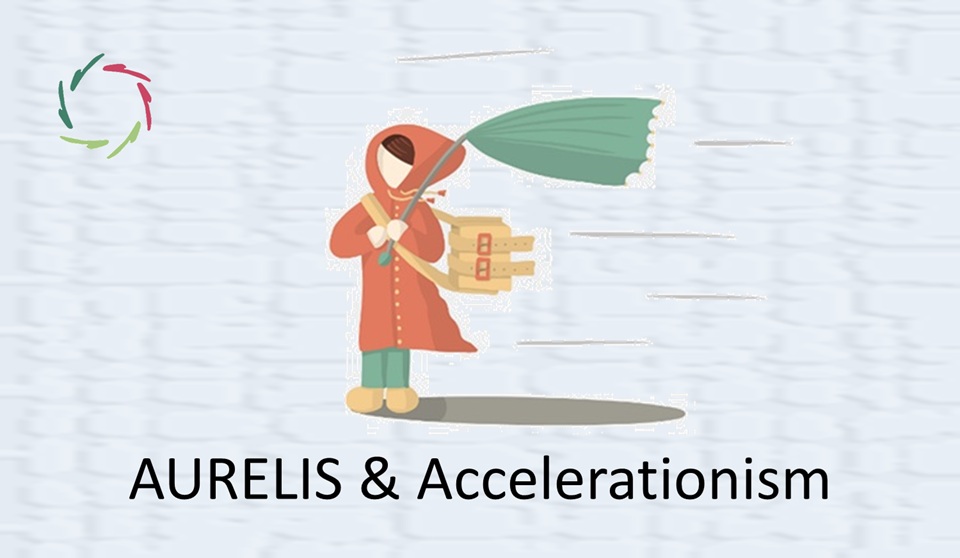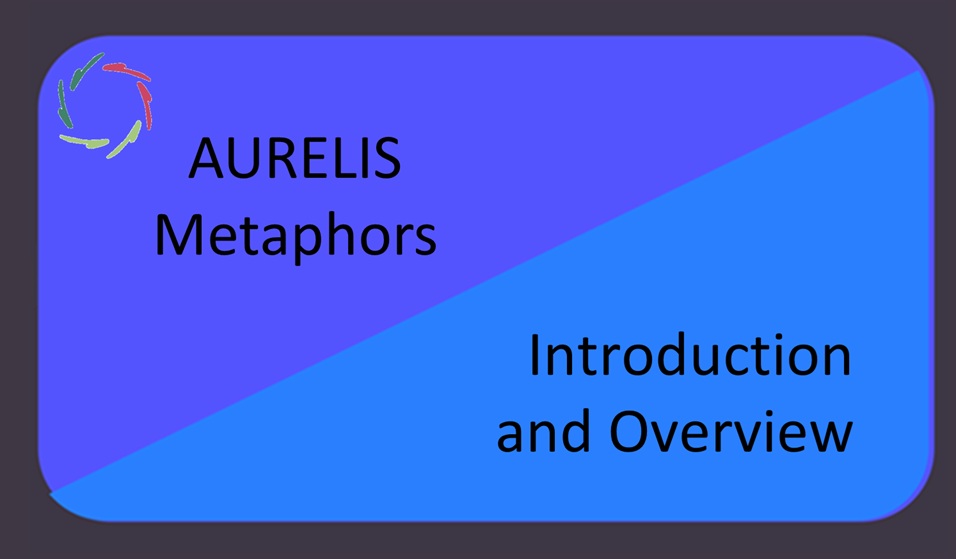Future of Mental Healing

This is an AURELIS view. Of course, AURELIS (+ Lisa) is in the picture. One can see this as the pure use of Compassion in its complexity and effectiveness.
If you want to cooperate, please contact us through the form or at lisa@aurelis.org.
About ‘mental healing’
In the broadest sense, mental healing is about the relief of suffering and the fostering of human mental growth. This is also the dual goal of Compassion. [see: “Two-Sided Compassion”]
Eventually, healing is related to the individual and much broader, up to the planet. [see: “Healing Yourself is Healing the Planet“] [see: “People, Planet, Profit“]
Psychotherapy, a recent Western invention
Within the Western medical-model thinking, the human mind has been conceptualized as an entity that should be free of disease. If it is ill, it requires therapy.
This is straightforward: IF broken THEN repair ― very fruitful in the domain of physics. Thus, medicine was modeled on this. However, related to the mind, it doesn’t fit because the mind is complex ― different from complicated. [see: “Complex is not Complicated”] Neurocognitive science shows the brain/mind to be extremely complex. [see: “Patterns in Neurophysiology“]
This has made instrumental psychotherapies flawed from the start, some 120 years ago. Meanwhile, scientifically, this has been pointed out repeatedly and robustly. [see: “Psychotherapy vs. Psychotherapies”] Note: psychotherapy works well but not on the basis of instrumental theories and methodologies inasmuch as these do not take into account the individual mind’s complexity.
We have to substantially rethink the future of mental healing.
This is needed to go forward on a scientific basis.
Therapy is used in ‘waging war against the disease.’ In AURELIS mental healing, there is no war. Therefore, AURELIS is no therapy. Thus, it can be used in conjunction with any kind of therapy.
The promise is huge as to effectiveness, depth, and durability with much less cost. This is relevant to psychological issues and even more so to psycho-somatics, nowadays called MUS. [see: “Medically Unexplained Syndromes (MUS)“]
The promised cost reduction is immense. [see: “Saving € 1 trillion in healthcare]
Much has been worked out within AURELIS
To know more about AURELIS, [see: “Introducing AURELIS (Animated Video)“] [see: “What AURELIS is About “] [see: “AURELIS Philosophy in a Nutshell (Animated Video)“]
Many insights and practical tools are available. Below the following scheme, for each element with a triangle at the top, you find links to relevant blog texts and other parts of the AURELIS websites.
Note within this scheme my division of nonspecific factors into an empathy range and a placebo range. [see: “Non-Specific Factors of Therapy“] [see: “Empathy vs. Placebo“]
Artificial intelligence
This deserves a special place in ‘mental healing.’ Remember how COVID-19 came as a surprise even though in retrospect, something alike was more than probable. So it is with the real intelligence in A.I., soon enough. Being knowledgeable in A.I. as well as human cognitive science, I see many parallels.
The concept of Compassion [see: “Essence of Compassion“] is a pivotal point in this evolution. See my book: “The Journey Towards Compassionate A.I.”
Mental healing towards Compassion is necessary to make the transition to real A.I. smooth and humane. A double bottleneck awaits us: 1) Will humans manage A.I. Compassionately? 2) Will A.I. further evolve – also autonomously – with Compassion?
And, of course, what role can Lisa [see: “Lisa“] play in this?
The general scheme

Links to relevant blog texts and other resources
These are the top-level of many more. The elements are ordered according to their place in the scheme:
- Mental healing
Fundamental Reality in Psychology
Underlying Reality in Psychotherapy and Psycho-Somatics
Inner Dissociation is NEVER OK!
Subconceptual Processing in Health and Healing
Cause of All Suffering: Dissociation
The Responsibility of Mind-Science
- Instrumental psychotherapeutic methodologies
Psychotherapy vs. Psychotherapies
WHY Psychotherapies Don’t Work
Is Short-Term Enough in Therapy?
Are RCTs valid in Psychotherapy?
- Nonspecific factors
Non-Specific Factors of Therapy
From Common Factors to AURELIS
- Empathy range
RG: Empathy Beyond the Conceptual Level
Empathy in 1, 2, 3 – Part 3: ‘Beyond the Conceptual’
- Placebo range
RG: The Placebo Effect: How the Subconscious Fits in
RG: Placebos have many ‘side-effects’
Placebo and the Predictive Brain
- Compassion
Compassion: Relief of Dissociation
- Psycho-somatic Medicine
Cat.: Your Mind as Cure (19)
- Purify + unify psychotherapies
- Brand AURELIS
AURELIS USP: ‘100% Rationality, 100% Depth’
Introducing AURELIS (Animated Video)
AURELIS Philosophy in a Nutshell (Animated Video)
Cat.: AURELIS (66)
Saving € 1 trillion in healthcare
- Lisa
Introducing Lisa (Animated Video)
- AURELIS Coaches
Cat.: AURELIS coaching (37)
- AURELIS Tools
- Experimental science
Object-Science Versus Subject-Science
Importance of Science to AURELIS
RG: Subconceptual Processing in Medicine
- Theory of mental-neuronal processing
Your Mind-Brain, a Giant Pattern Recognizer
The Stream of Non-Consciousness
Patterns towards Health and Healing
From Mirror Neurons to Mirror Brain
From Neurons to Neuronal Networks
- Triangle of future mental healthcare
- Broader than healthcare
Leadership
Cat.: Open Leadership (59)
Open Leadership: from Chaotic to Open
Meditation
Cat.: Meditation (45)
Judiciary
Religion
Cat.: Open Religion (55)
Many sociocultural issues
Cat.: Sociocultural issues (105)
- Artificial intelligence
Cat.: Artificial Intelligence (39)
Who We Are. What A.I. Can become
The Journey Towards Compassionate A.I.


